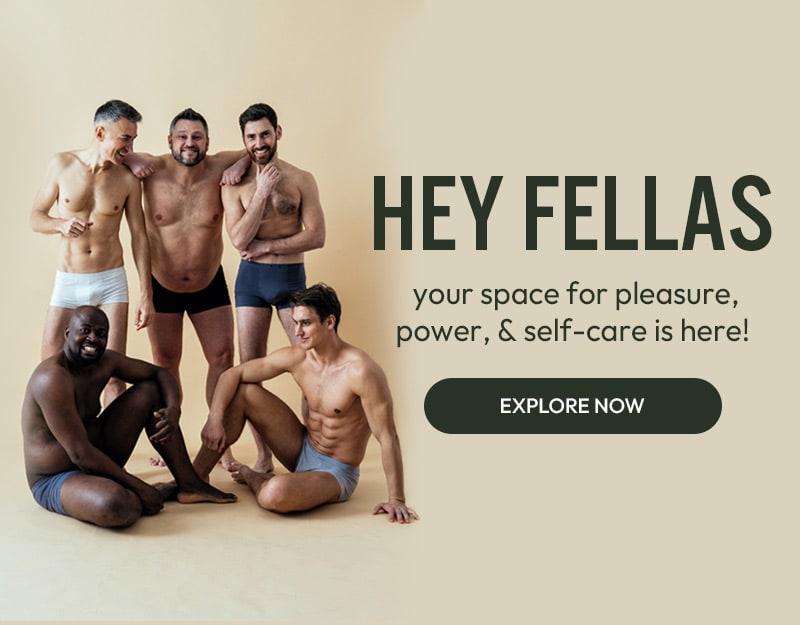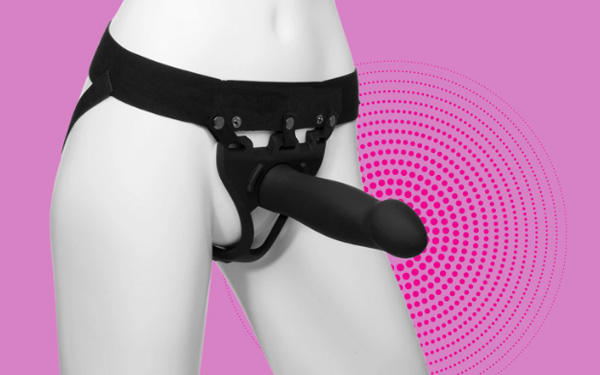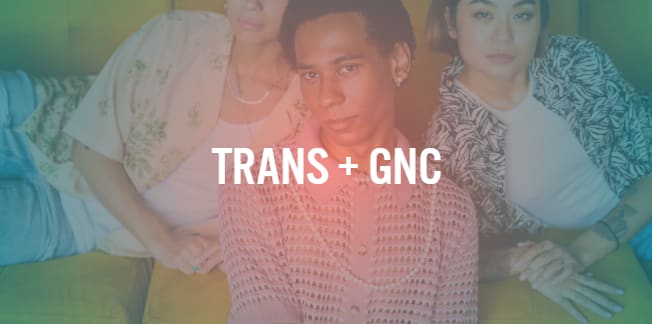LGBTQ Rights at the Supreme Court
One of the most significant LGBTQ cases ever heard by the US Supreme Court has just concluded, and the decision will affect the civil rights of millions of people. Merging the cases of three separate plaintiffs who stated they’d been wrongfully terminated from their jobs because of either their sexual orientation (two gay men) or gender identity (a trans woman), the court’s momentous decision: Title VII of the 1964 Civil Rights Act prevents workplace discrimination on the basis of sex, and this applies to those fired because of their gender identity or sexual orientation.
To make this win at a conservative-leaning Court even more stunning, Justice Neil Gorsuch, Trump’s first Supreme Court pick, wrote the majority opinion. He stated clearly that each plaintiff was fired for conduct that would have been acceptable for someone of another sex—in short, that firing gay and trans employees was a form of sex discrimination. (Language has changed since 1964, so today we might be more likely to term this gender discrimination—but “sex” is the term enshrined in the Civil Rights Act.)
Two of these plaintiffs didn’t live to see their cases resolved. Aimee Stephens, the trans woman fired from her job at G.R. Harris Funeral Home when she affirmed her gender, just died last month. Her wife Donna, who called Stephens her “soul mate,” continued with the case in spite of her death. Don Zarda sued Altitude Express, a skydiving company, after he was fired for being gay; he died in 2014, and his mother, sister and former partner moved his case forward. In Bostock v. Clayton County, Georgia, sole living plaintiff Gerald Bostock had been fired when he was named as part of a gay softball team. (That sounds pretty all-American to us!)
When I came out and began participating in LGBTQ activism in the mid-1970s, legal protection that would prevent us from being fired was central to our understanding of what we then often called “gay rights” (the L, B, T, and other sex-and-gender-signifying letters came later, starting in the 1980s). Marriage equality was still a dream, too. This was only a few years after Stonewall, and queers of all stripes were likely to be fired, lose housing and kids, be physically attacked, and even institutionalized because of their sexual orientation and/or gender identity. Gay sex was illegal in most states. It is difficult to explain to younger members of the queer community just how much sustained activism—including street protest—was needed over the past 70 years to get us to this point.
This is indeed huge.
And of course, the journey does not end with one or even a few momentous decisions pushing us toward a more just world. As ACLU LGBTQ & HIV Project director James Esseks told LGBTNation.com, “Our work is not done. There are still alarming gaps in federal civil rights laws that leave people — particularly Black and Brown LGBTQ people — open to discrimination in businesses open to the public and taxpayer-funded programs. Congress must affirm today’s decision and update our laws to ensure comprehensive and explicit protections for LGBTQ people and all people who face discrimination.”
Finally, what effect might this have on the anti-trans actions from the Trump administration, most recently regarding access to medical care? It may be a little soon to tell, but the Title VII angle may prove really significant in other cases of discrimination against queer people. But don’t drop your guard or stop engaging in activism or speaking out. Freedom isn’t free—especially when it comes to this Supreme Court.
–Carol Queen PhD, Staff Sexologist









